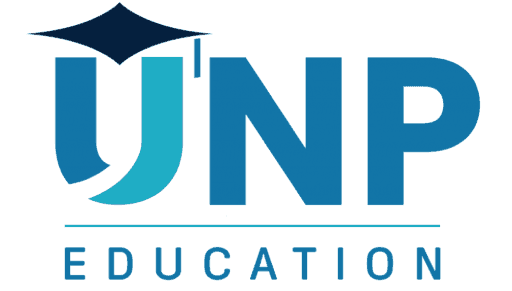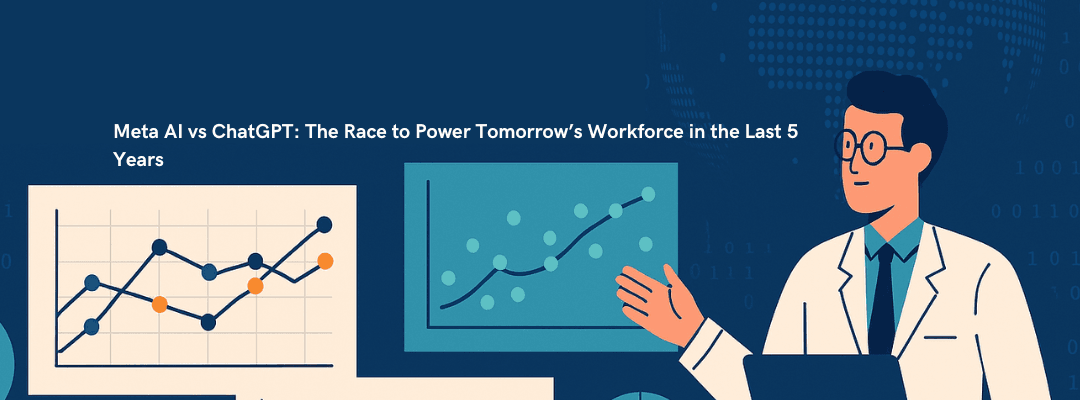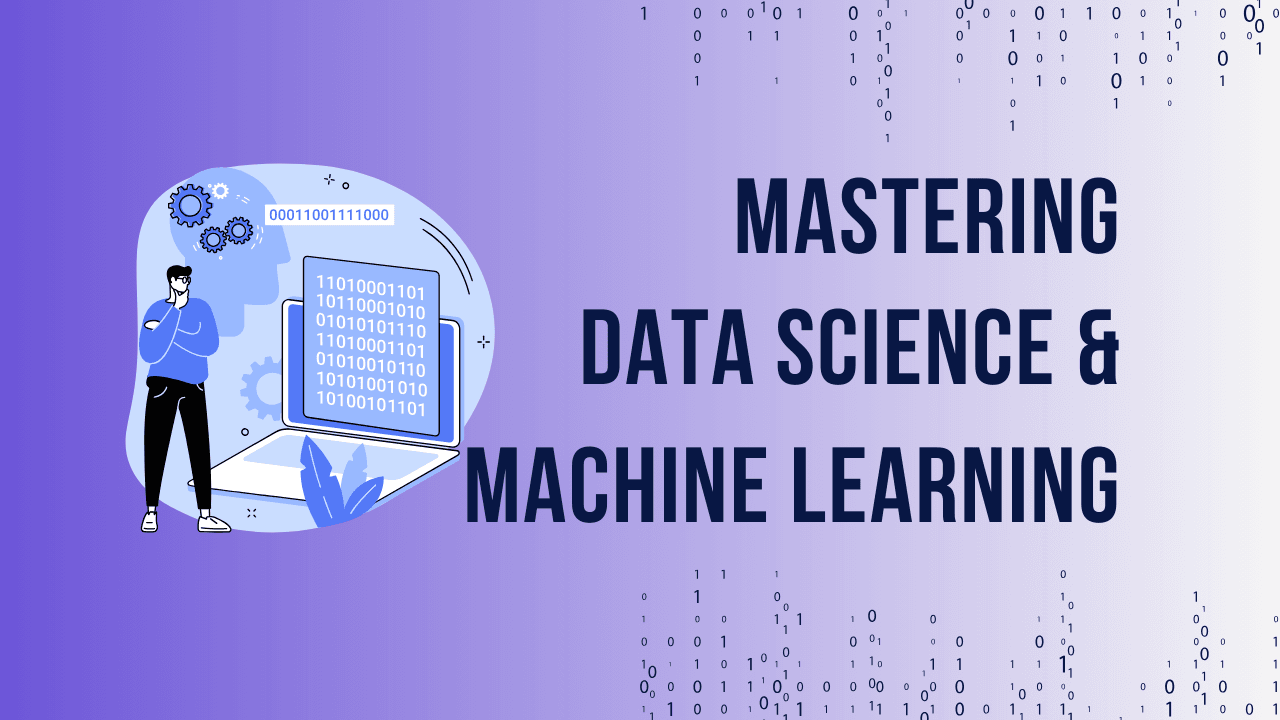Between 2020 and 2025, the landscape of work has been transformed by two artificial intelligence giants: Meta AI and ChatGPT. Their rapid evolution and widespread adoption have not only automated routine tasks but also redefined job roles, productivity, and the very skills required to thrive in the modern workforce. This report examines how Meta AI and ChatGPT have competed and complemented each other in shaping the future of work, highlighting their unique strengths, industry impacts, and implications for employees and employers alike.
Meta AI: Infrastructure, Integration, and Enterprise Transformation
Meta AI, developed by Meta Platforms Inc., has focused on seamless integration within enterprise ecosystems and social platforms. Its strengths lie in:
Productivity Gains: Businesses that implemented Meta AI solutions reported productivity increases of up to 40%, with automation freeing employees from repetitive tasks and allowing them to focus on strategic, value-added work.
Workflow Automation: Meta AI’s natural language processing automates customer interaction analysis, streamlines internal communications, and accelerates data retrieval and decision-making.
Industry-Specific Tools: Meta AI’s computer vision and machine learning automate quality control in manufacturing, document verification in finance, and claims processing in healthcare.
Enhanced Security and Compliance: Robust security measures ensure sensitive data is protected, a critical factor for highly regulated sectors.
Real-Time Assistance: Integrated into platforms like Facebook, WhatsApp, and Instagram, Meta AI provides instant access to information, improving both customer engagement and internal collaboration.
By embedding AI into daily workflows, Meta AI has enabled enterprises to optimize processes, reduce operational costs, and respond to market changes with greater agility.
ChatGPT: Generative AI and Workforce Augmentation
ChatGPT, from OpenAI, has become synonymous with generative AI and conversational intelligence. Its influence on the workforce includes:
Automation of Knowledge Work: ChatGPT now handles up to 85% of enterprise customer service interactions, reducing costs and response times while freeing human agents for complex problem-solving.
Creation of New Roles: The rise of ChatGPT has led to new job categories such as AI trainers, data analysts, prompt engineers, and ethical AI specialists, reflecting a shift toward collaboration between humans and AI.
Upskilling and Continuous Learning: ChatGPT encourages a culture of ongoing learning, as users refine its responses and adapt its outputs to evolving business needs. This iterative feedback loop enhances both the model and user skills over time.
Breaking Down Barriers: Real-time translation and global collaboration features allow teams to work seamlessly across geographies, democratizing access to information and opportunity.
Driving Innovation: Professionals skilled in ChatGPT are in high demand, with roles commanding salaries up to 47% higher than traditional tech jobs. Companies across sectors seek talent that can leverage generative AI to drive efficiency and creativity.
ChatGPT’s rapid adoption has fundamentally changed how organizations approach automation, creativity, and talent development, making it a cornerstone of the modern digital workplace.
ChatGPT: Generative AI and Workforce Augmentation
ChatGPT, from OpenAI, has become synonymous with generative AI and conversational intelligence. Its influence on the workforce includes:
Automation of Knowledge Work: ChatGPT now handles up to 85% of enterprise customer service interactions, reducing costs and response times while freeing human agents for complex problem-solving.
Creation of New Roles: The rise of ChatGPT has led to new job categories such as AI trainers, data analysts, prompt engineers, and ethical AI specialists, reflecting a shift toward collaboration between humans and AI.
Upskilling and Continuous Learning: ChatGPT encourages a culture of ongoing learning, as users refine its responses and adapt its outputs to evolving business needs. This iterative feedback loop enhances both the model and user skills over time.
Breaking Down Barriers: Real-time translation and global collaboration features allow teams to work seamlessly across geographies, democratizing access to information and opportunity.
Driving Innovation: Professionals skilled in ChatGPT are in high demand, with roles commanding salaries up to 47% higher than traditional tech jobs. Companies across sectors seek talent that can leverage generative AI to drive efficiency and creativity.
ChatGPT’s rapid adoption has fundamentally changed how organizations approach automation, creativity, and talent development, making it a cornerstone of the modern digital workplace.
Comparative Impact: Meta AI vs ChatGPT
| Aspect | Meta AI | ChatGPT |
|---|---|---|
| Core Strength | Infrastructure, platform integration, automation | Generative AI, conversational intelligence |
| Key Industries | Social media, analytics, healthcare, finance | Customer service, creative, education, legal |
| Innovation Focus | Custom AI hardware, NLU, computer vision | Generative text, automation, creative content |
| Business Model | Platform enhancement, enterprise AI tools | SaaS, API integration, workflow automation |
| Adoption Speed | Gradual, infrastructure-driven | Rapid, mass-market and cross-industry |
| Workforce Impact | Productivity, workflow optimization, data security | Role creation, upskilling, global collaboration |
Real-World Examples
Expedia: Integrated ChatGPT to act as a travel assistant, streamlining planning and customer service.
Octopus Energy: Used ChatGPT to handle 44% of customer inquiries, improving satisfaction and reducing workload.
Manufacturing & Finance: Meta AI automates quality control and compliance, reducing errors and processing times.
Education: Both platforms power adaptive learning and AI-driven tutoring, making education more accessible and personalized
Workforce Transformation: Risks and Opportunities
Job Displacement vs. Creation: While AI has automated many repetitive tasks, it has also created new roles and increased demand for AI-literate professionals. The World Economic Forum projects a net gain of 78 million jobs globally by 2030 due to AI adoption.
Skill Shift: 39% of core skills are expected to shift by 2030, with AI and analytics leading the transformation.
Productivity and Profitability: Companies that fully integrate AI report significant gains in both productivity and profitability, with AI-driven innovation becoming a key differentiator.
Continuous Learning: The workforce now requires ongoing upskilling in AI, data analysis, and prompt engineering to remain competitive.
Conclusion
The race between Meta AI and ChatGPT has not only accelerated the adoption of artificial intelligence in the workplace but also redefined the very nature of work. Meta AI’s infrastructure-driven, enterprise-focused approach has optimized workflows and boosted productivity, while ChatGPT’s generative capabilities have democratized access to information, fostered innovation, and created new career opportunities. Together, they have powered a workforce that is more agile, creative, and prepared for the demands of tomorrow’s economy


